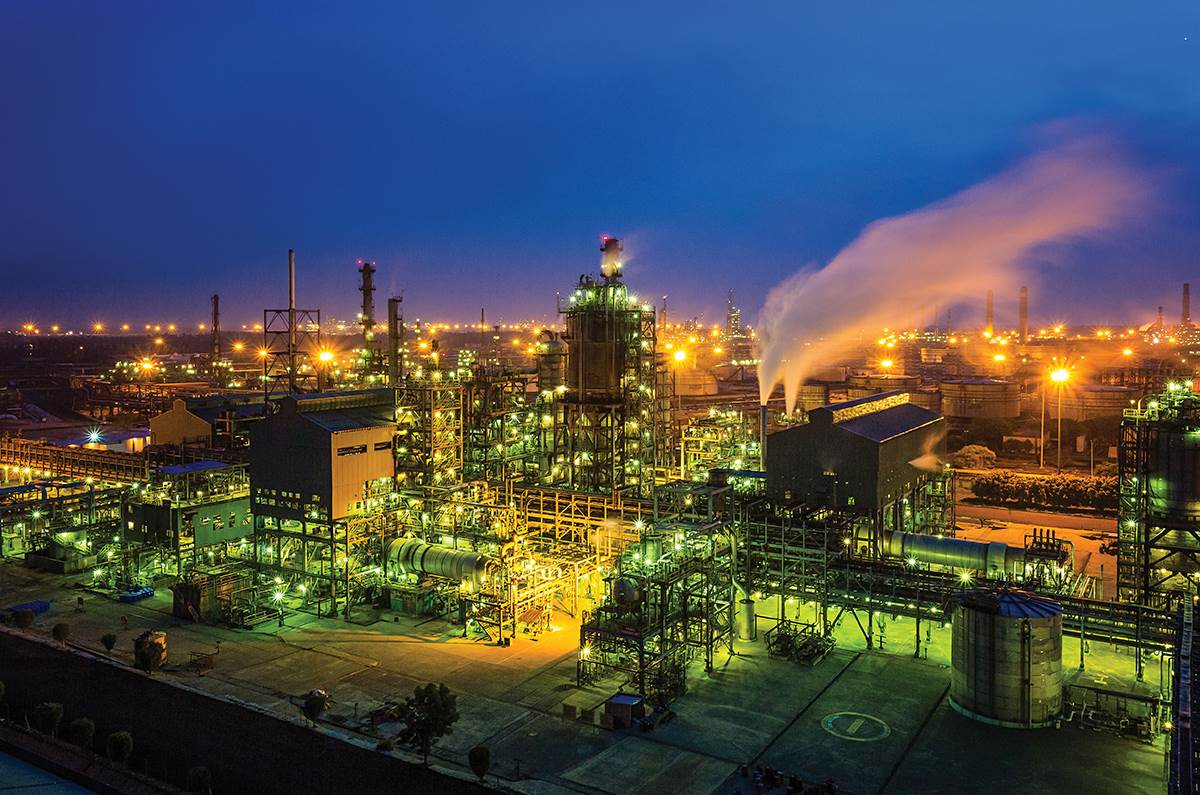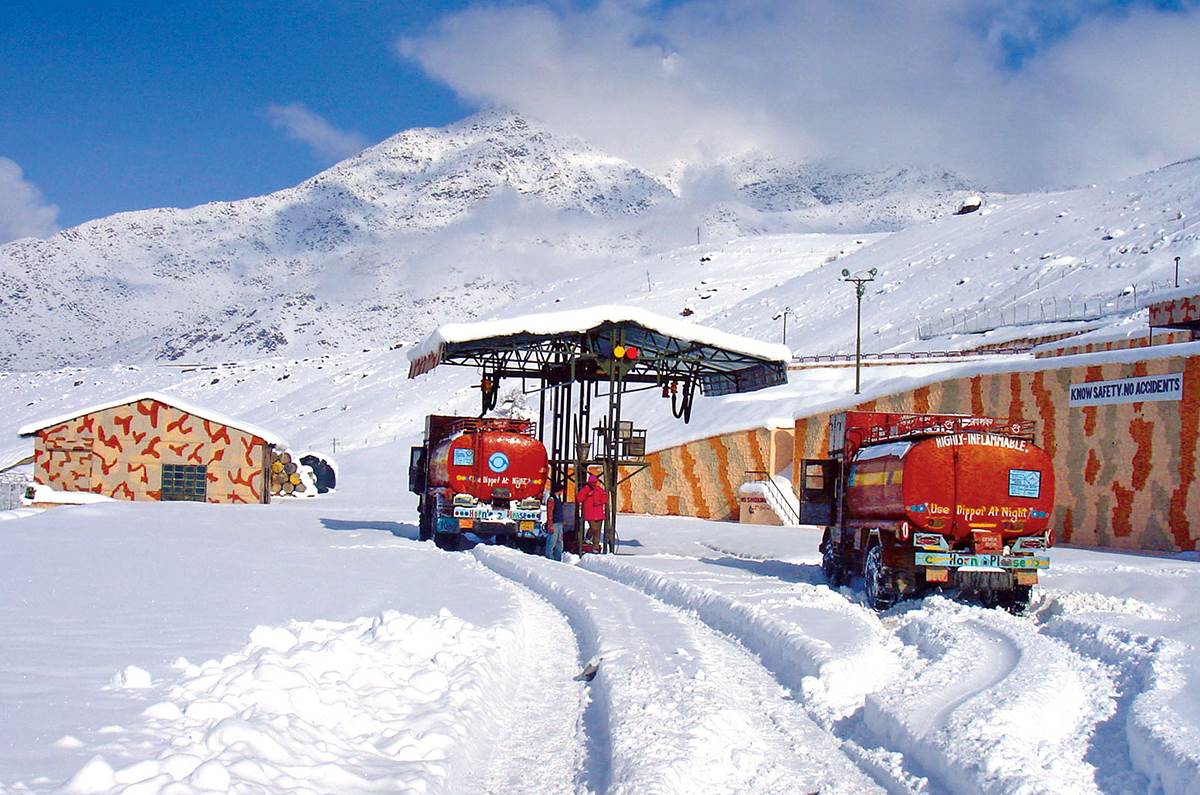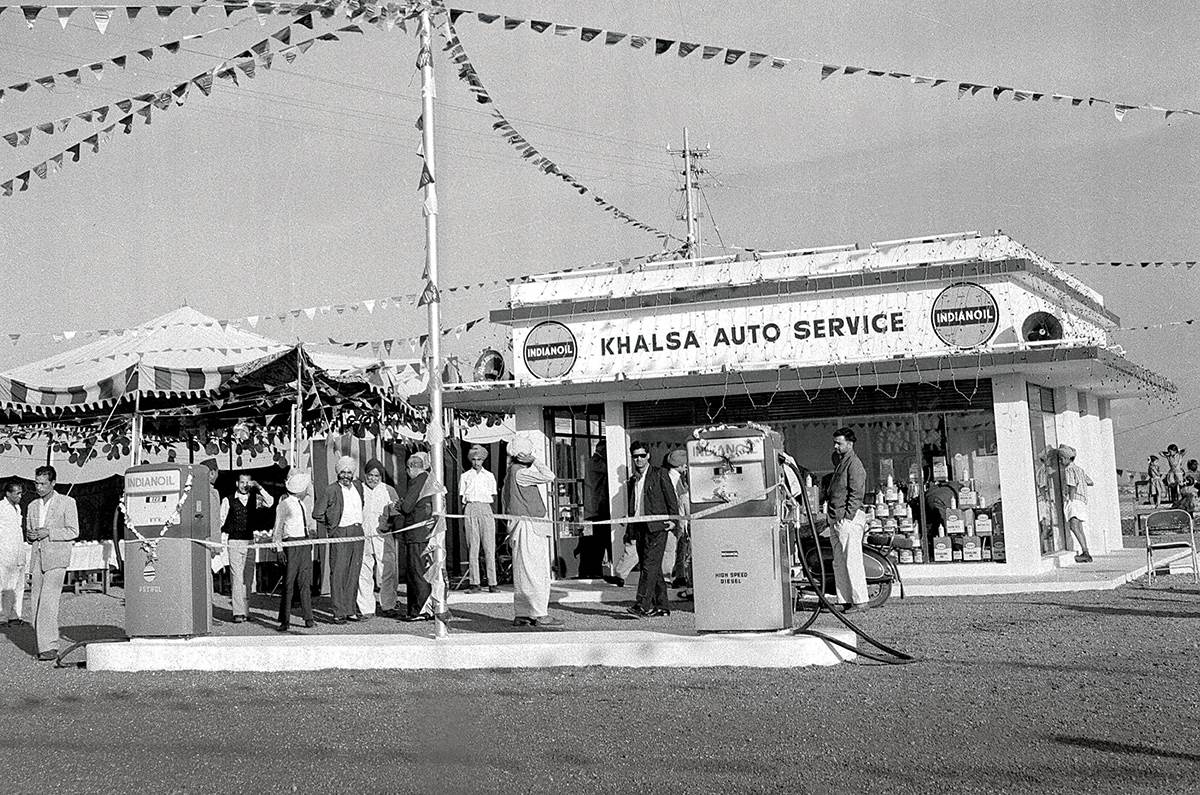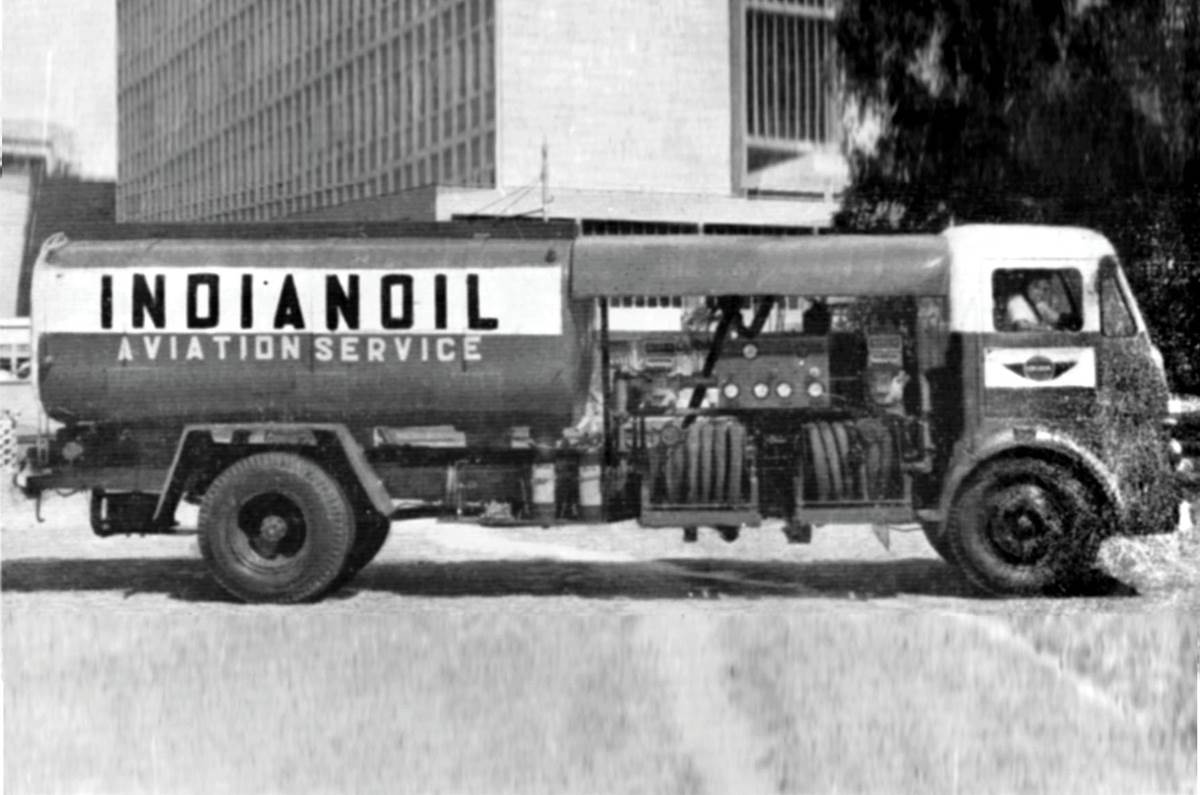How IndianOil transformed itself from a pure sectoral company to a vertically integrated, international energy behemoth.
India is undergoing a period of transition in the energy sector with a goal of becoming energy-secure even as it moves towards renewable energy and a company playing a critical role in this mission is IndianOil Corporation Limited, the country’s largest integrated and diversified energy company.
For over six decades, IndianOil, the country’s highest ranked Energy Public Sector Undertaking in Fortune-500 list (Rank 142), has contributed to the growth of the nation, relying on its inherent strengths and innovations to reset industry benchmarks time and again. As we complete 75 years of Independence, the company has been reconciling its business objectives with national priorities through a sharpened focus on the pursuit of better and greener options and on bioenergy and renewables.
Let us take a closer look at how IndianOil slowly and steadily rose to a position of leadership, making a mark on not only the country’s energy sector, but also the lives of its citizens.
Journey over the years
The story of IndianOil is the story of the evolution of India’s downstream petroleum sector. The company was born of the vision of Pandit Jawaharlal Nehru, the first Prime Minister of India, to have self-sufficiency in the petroleum sector. IndianOil was formed in 1964 through the merger of Indian Refineries Limited (established in 1958) and IndianOil Company (established in 1959). It was the foresight of KD Malviya, the father of the oil industry in India, and the then Petroleum Minister that led to the formation of two companies initially, and their well-conceived merger soon after.
In the same year of its formation, IndianOil entered the aviation business by first supplying to the Indian Air Force (IAF) and commissioning its first product pipeline. In a pivotal moment for the company, in 1972, the IndianOil R&D Centre was established. Interestingly, the Centre celebrated its Golden Jubilee this year and the company’s R&D efforts were recognised by Shri Hardeep S Puri, Union Minister for Petroleum and Natural Gas & Housing and Urban Affairs. Shri Puri said that the company’s achievement of pioneering 50 years of research to make energy secure and accessible in India was a magnificent feat. Over the years, the R&D Centre has established itself as the apex organisation for research and innovation in the sector.
In 1975, IndianOil set up the world’s highest altitude fuel station at Leh and the same year, the Haldia refinery in West Bengal was commissioned. In 2004, the company became the first Indian corporate to touch Rs 1,50,000 crore turnover and it also entered the petrochemicals business during the year, leveraging its Gujarat refinery. The following year, its 10,000th fuel station came up and the number doubled in 2012 and touched 30,000 in 2020. Interestingly, 2020 was a landmark year for IndianOil, as it led the pan-India rollout of BSVI-compliant fuel much ahead of the 1st April 2020 deadline. It was the year the nation made a shift to BS-VI emission norms by skipping BS-V norms in a major step towards reducing air pollution.
In December 2020, in a move that was a potential game-changer in the petroleum fuel retail market in India, IndianOil launched the world-class premium grade petrol (100 Octane) branded as XP100. IndianOil was India’s first company to launch the premium world-class petrol that enhances the performance of high-end luxury cars and bikes.
A global energy behemoth
Over the past sixty years, IndianOil has come a long way: from a refining capacity of 0.75 million tonnes per annum at Guwahati in 1962 to over 80 million tonnes per annum today, from the first pipeline connecting Guwahati to Siliguri in 1964 to a cross-country network spanning 15,000km, from humble beginnings in installations transferred from the defence services to a countrywide network of over 56,000 touchpoints and from an unimpressive, white-washed shed in 1972 to Asia’s finest R&D institution in the downstream sector.

IndianOil’s Panipat Refinery
With a turnover of Rs 7,284 billion in 2021-22, lndianOil is recognised as one of India’s most valuable companies and accounts for nearly half of India’s petroleum products market share, over 32 percent national refining capacity and 71 percent of the downstream sector pipelines throughout capacity. It owns and operates 11 of India’s 23 refineries.
Apart from XP100 and XP95 (Indian’s first 95 Octane petrol) it has also pioneered several other revolutionary products such as ClearBlue (Diesel Exhaust Fluid), composite LPG cylinders (new-age, polymer-wrapped cylinders), Nanocut (additised LPG for metal-cutting applications), and more. These products are evidence that the company has its finger on the pulse of the market.

The IndianOil fuel depot at Kargil
With a singular aim of ensuring India’s energy security and self-sufficiency, the company possesses one of the largest petroleum marketing and distribution networks in Asia. In fact, the commissioning of 3,000 fuel stations during the last fiscal has been the highest yearly number ever achieved in the history of IndianOil, taking its total tally to 35,000 plus fuel stations.
Towards a sustainable tomorrow
With a firm belief that hydrogen will be the ultimate sustainable fuel of the future, IndianOil R&D has played a pioneering role in supporting the exciting journey of hydrogen and fuel cell research. In a trial involving 50 CNG BS-IV buses in Delhi that were run on hydrogen spiked CNG (HCNG) fuel, the use of HCNG fuel showed a drop in emissions and improvement in fuel efficiency. IndianOil is now setting up pilot plants using four innovative hydrogen pathways.
In line with the company’s vision to be future-ready, it is also working on new battery technologies such as metal-air pathway that can address many challenges for EVs typical in the Indian context. IndianOil has tied up with power suppliers, cab aggregators and auto companies to install EV charging stations and battery-swapping stations at retail outlets and has set up charging facilities at 2,368 fuel stations (EV charging – 2,334 and Battery Swapping 34) as of July 2022.
IndianOil’s success as a brand lies in its endeavour to touch and transform the lives of millions of people across the country. With a vision to be the ‘Energy of India’, the company continues to fuel the aspirations of a billion Indians and remains committed to the national mandate for a greener India and a healthier planet.
Also see:


























